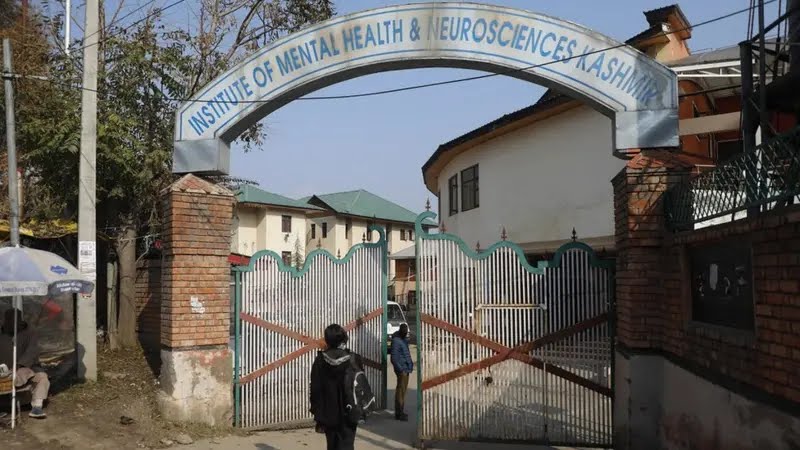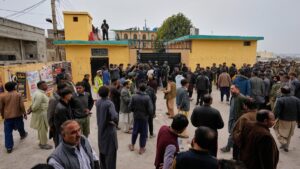Kashmir’s Drug Abuse Crisis: Unseen Wounds and the Need for Healing

Momin Maqbool
A report from the Ministry of Social Justice and Empowerment states that approximately one million individuals from the Union Territory of Jammu and Kashmir are grappling with substance abuse. All the individual or mass-level efforts made to curb it seem to have no effect on the rising number of cases. It’s unfortunate for the entire region that what was once celebrated as a “valley of saints” is now transforming into a dark den of despair. Drug abuse in Kashmir has reached epidemic proportions, with the main rehabilitation center in Srinagar reporting about a 26.60% increase in patients since 2016. Shockingly, the number of people who require help is twice the national average, comprising 8% of the population of J&K.
The rising tide of drug abuse in Kashmir can be attributed to multiple factors, with unemployment and economic instability playing significant roles. The lack of job opportunities leaves many individuals feeling hopeless and disenfranchised, pushing them toward substance abuse as a misguided escape. However, the overarching issues of prolonged conflict and the erosion of social and cultural values are even more pivotal in understanding this crisis. In Kashmir, where the weight of ongoing turmoil has seeped deeply into daily life, drug abuse emerges as both a symptom and an escape from the relentless challenges faced by its people. The conflict’s toll is not merely physical but also profoundly emotional, leaving individuals grappling with trauma, loss, and an ongoing sense of insecurity. These scars of unrest often drive people toward substances in search of relief from the psychological pain that can feel unbearable.
Beyond the conflict itself lies a significant gap: the erosion of social and cultural values that traditionally equipped people to withstand hardships without resorting to self-destructive escapes. Values like resilience, community support, and strong family ties once served as vital protective factors, helping individuals resist the allure of substance abuse even in difficult times. But under the strain of conflict, such values have weakened, often due to fractured families, disrupted communities, and shifting priorities. Together, the mental anguish from conflict and the absence of strong values that once acted as an internal guide create a cycle where people feel trapped without healthy coping mechanisms. In Kashmir, this convergence highlights a need not only for peace but also for a reinvestment in the values that once provided the strength to withstand life’s challenges without falling into the clutches of substance abuse.
To address drug abuse in Kashmir, a comprehensive approach is essential, targeting both mental health and community resilience. While urban areas are gradually gaining access to mental health clinics, counseling, and awareness programs, rural villages and remote communities — where the roots of the crisis often lie — remain underserved. Reaching these root-level areas is crucial to ensure that individuals across Kashmir can access the support they need. Community awareness campaigns, led by youth, educators, and religious leaders, can play a key role in building resistance against drug abuse by promoting resilience and healthy coping mechanisms. Reconnecting with Kashmir’s traditional values of resilience, family support, and community unity can provide a foundation for individuals to face challenges without turning to substances. Collaboration between government bodies, NGOs, and local organizations will be essential in creating anti-drug programs and rehabilitation centers, alongside vocational training and job opportunities that offer financial independence and a sense of purpose. Only by reaching both urban and rural communities can Kashmir build a path to collective healing and long-term resilience against drug abuse.
About Author: Momin Maqbool , Pursuing BA (Hons) in Journalism at Delhi University . you can reach him via mail id: mominmaqbool198@gmail.com






